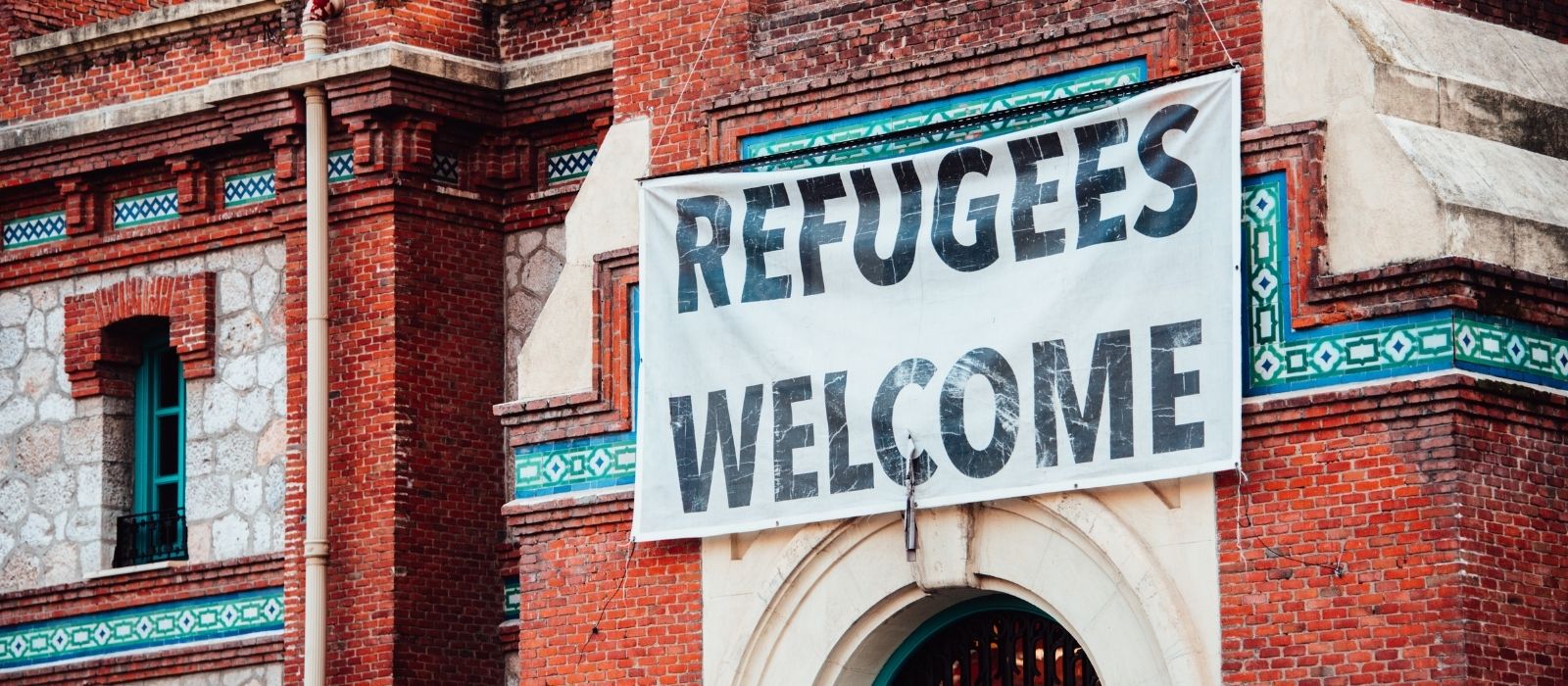
As African migrants continue to seek routes to Europe, particularly through the English Channel, recent developments in asylum policies are drawing attention. The UK’s reversal of the UK-Rwanda deal by the Labour Party had sparked initial celebration among those hoping to migrate illegally. However, Germany has now suggested that it could utilize facilities funded by the UK in Rwanda to process some asylum seekers.
Joachim Stamp, the German migration agreements commissioner from the Free Democratic Party, part of the governing coalition, proposed that accommodations initially intended for those deported from the UK could serve Germany’s needs. However, the German ambassador to the UK, Miguel Berger, clarified that Germany’s approach differs from the UK’s now-defunct plan, emphasizing that there is no current German government plan to deport asylum seekers to Rwanda. Instead, the discussions focus on processing asylum applications in third countries under international humanitarian law and with the support of the United Nations.
Germany’s coalition government is under significant pressure to address illegal migration, especially following recent regional elections that saw gains by the far-right Alternative for Deutschland party. Meanwhile, the UK is exploring ways to recoup some of the £220 million paid to Rwanda as part of its original agreement, though Rwanda has stated it is not obligated to return the funds.
Political analysts suggest that if Germany proceeds with a deal involving Rwanda, the financial arrangements could indirectly compensate the UK. This situation highlights the complexities and evolving dynamics of asylum policies in Europe.


